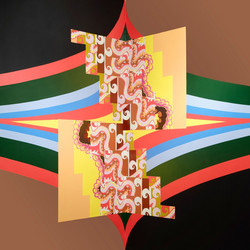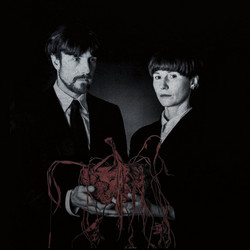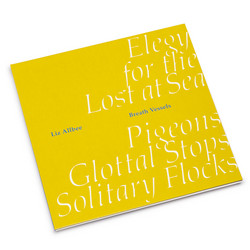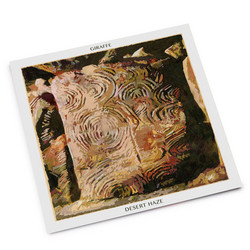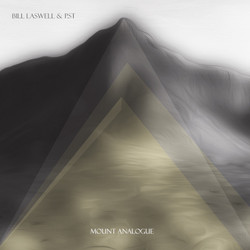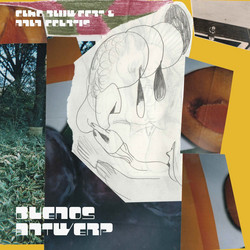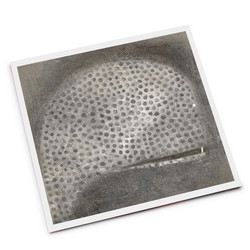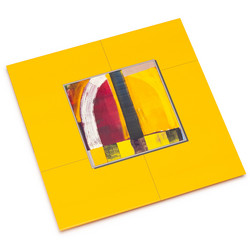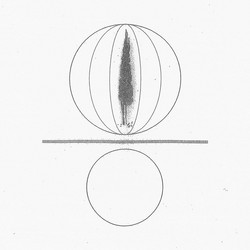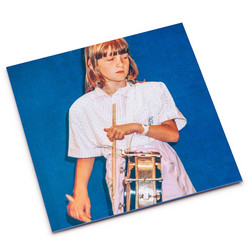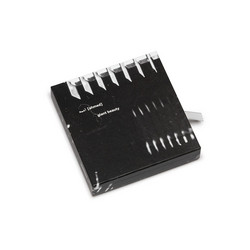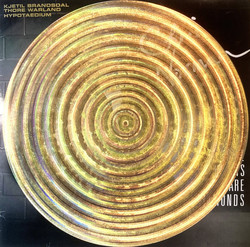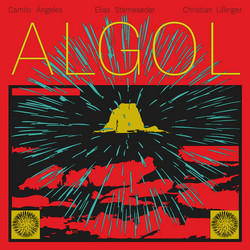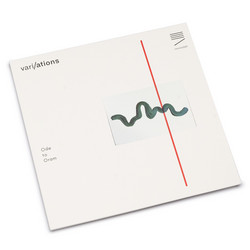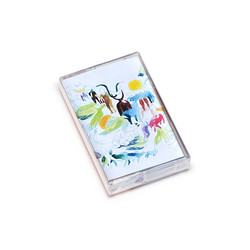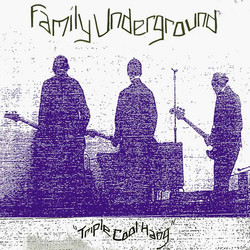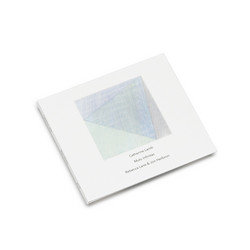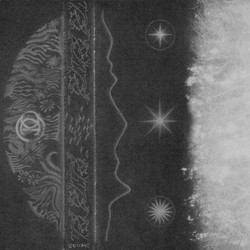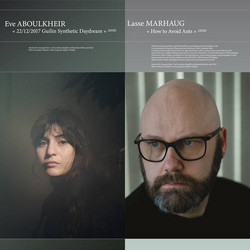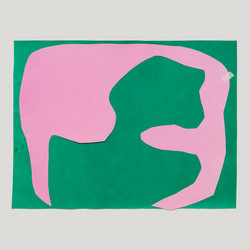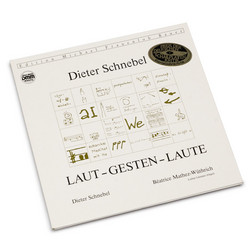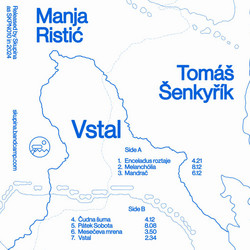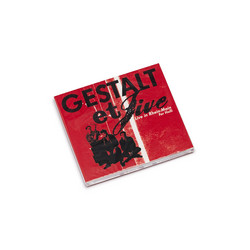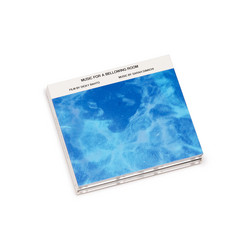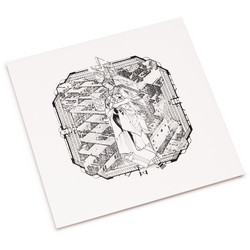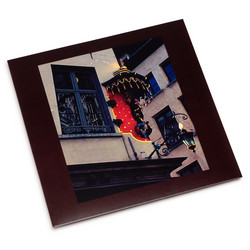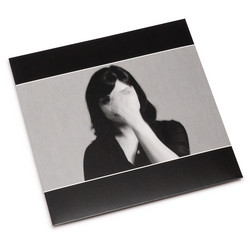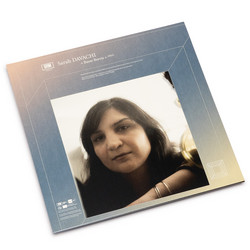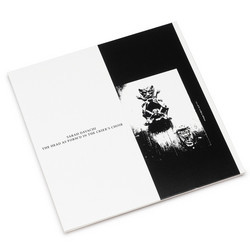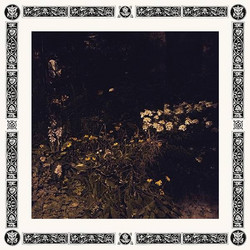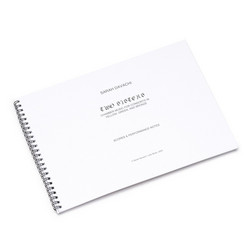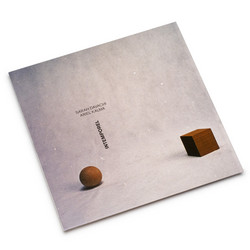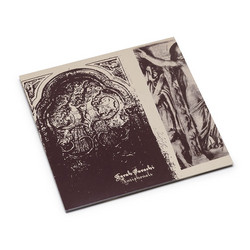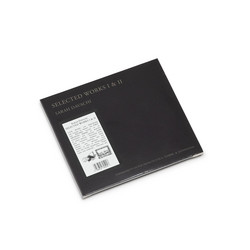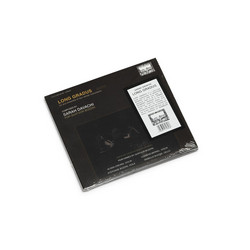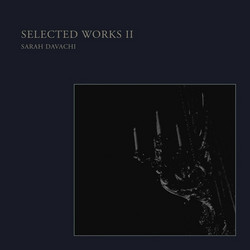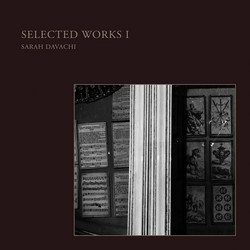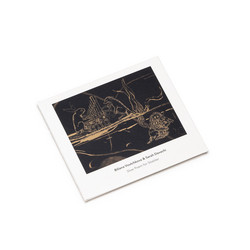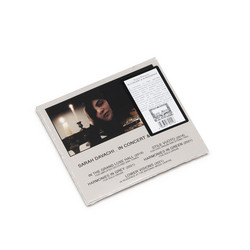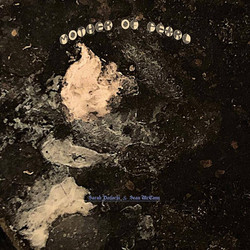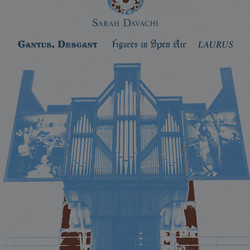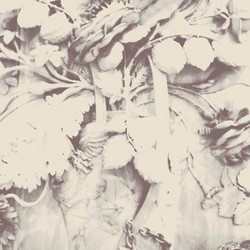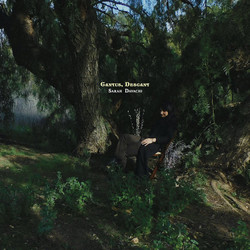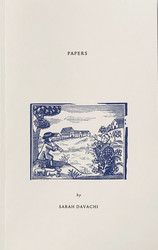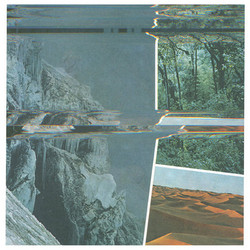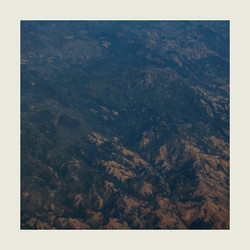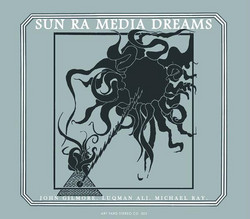Sarah DavachiFeaturing: Quatuor Bozzini
Long Gradus (2LP)
** Double LP, black vinyl, with 12 page booklet, with 4 tracks and feature the Bozzini Quartet's string quartet version of Long Gradus ** A new longform commissioned work for any ensemble of four similar instruments. The definitive string quartet version of 'Long Gradus' is available as a 2LP and CD, and the collection of all four arrangements (strings, woodwinds, brass & organ, choir & electronics) is presented as the 'Long Gradus: Arrangements' 4CD set.
'Long Gradus' began in 2020 when Sarah Davachi was selected to participate in Quatuor Bozzini’s Composer’s Kitchen residency, which was to be a joint production with Gaudeamus Muziekweek in the Netherlands. With the postponement of the residency to the following year, the composer was given the opportunity to take a step back and look at the piece over a much longer period of time than would have ordinarily been possible. The resulting longform composition in four parts, written in its initial form for string quartet, was developed as an iteration of an ongoing preoccupation with chordal suspension and cadential structure. In this context, horizontal shifts in pitch material and texture occur on a very gradual scale, allowing the listener's perceptions to settle on the spatial experience of harmony. A system of septimal just intonation helps to further the production of a consonant acoustic environment. 'Long Gradus' uses a formalized articulation of time-bracket notation alongside unfixed indications of pitch, texture, and voicing that allow the players some discretion in determining the shape of the piece. A sense of pacing that is markedly different from that of mensural notation emerges accordingly, while the open structure of the composition results in each performance having a unique and unpredictable configuration.
The piece may be arranged in a quartet format for any instrumentation that can alter its intonation with some degree of accuracy or produce a natural seventh harmonic. Substitution of the string quartet with other instruments as desired or imagined, both acoustic and electronic, is entirely acceptable and indeed encouraged. To this end, Davachi has also offered the 'Long Gradus: Arrangements' 4CD set, which includes the string quartet version as well as arrangements for woodwinds, brass and organ, and choir and electronics. A 'gradus' is a sort of handbook meant to aid in learning a difficult practice; in this case, 'Long Gradus' is designed to considerably slow the cognitive movements of both listener and player, and to focus their attention on the relationships between moments. A rich harmonic landscape that is constantly shifting and which changes with each engagement is the listener’s return. For the player, 'Long Gradus' is an invitation to practice active listening and to immerse oneself in the stillness of psychoacoustic space and time.
Davachi comments: “I owe a huge debt of gratitude to Quatuor Bozzini for the opportunity to go through this process together, which is exceedingly uncommon in the context of chamber music. Typically, when writing for an ensemble or orchestra, the composer is given very few, if any, occasions to actually adjust their work in a meaningful way outside of perhaps one or two brief rehearsals of an essentially final score. It is extremely rare and an enormous luxury to begin with simple sketches or ideas and to actually construct a piece over a period of several months or more from a place of sonic assurance – that is, being able to listen and to explore and to continually fine tune in response to the sound itself, in conjunction with the performers. Part of the reason that my earliest compositional efforts arose within the domain of electroacoustic and acousmatic music is because of the control that it offered, to intuit sound in real time rather than through the indirect interpretation of future sound in the form of a score. Even now, when I compose work for chamber ensembles, I typically always start from a recorded version or from a demo – from the sound itself – and then work backwards to generate the score that will result in that music. It seems to be a vestige of conservatory thinking to view music performance, even in relation to new music, as a kind of reading of notes on the page that simply results in things just falling into place as expected. But, when the music goes beyond what’s on the page to include a dialogue with the acoustic space of the performance, and to require a certain patience and concentration on part of the performers, there needs to be a different approach; the Composer’s Kitchen residency offered that respect and curiosity.”
Performed by Quatuor Bozzini
Alissa Cheung, violin
Clemens Merkel, violin
Stéphanie Bozzini, viola
Isabelle Bozzini, cello
Gatefold outer sleeve
Polylined inner sleeve
12 page 12" booklet
Download code
Recorded by Zach Blackstone at the Warehouse Studio in Vancouver BC Canada, 14 & 15 March 2023
Mixed by Sarah Davachi and Sean McCann
Mastered by Sean McCann
TRACKS 5 - 8: LONG GRADUS (WOODWINDS)
Performed by
Rebecca Lane, flute + bass flute
Samara Dunscombe, clarinet + bass clarinet
Recorded by Sarah Davachi and Samara Dunscombe at Emmaus Kirche in Berlin Germany, 11 & 12 May 2022
Mixed by Sarah Davachi
Mastered by Sean McCann
TRACKS 9 - 12: LONG GRADUS (BRASS & ORGAN)
Performed by Rage Thormbones
Mattie Barbier, alto trombone
Weston Olencki, tenor trombone
With Sarah Davachi, pipe organ
Recorded by Sarah Davachi and Weston Olencki at The Museum Of Jurassic Technology in Los Angeles CA USA, 1 & 2 November 2022
Pipe organ recorded by SD at Emmaus Kirche in Berlin Germany
Mixed by Sarah Davachi
Mastered by Sean McCann
TRACKS 13 - 16: LONG GRADUS (CHOIR & ELECTRONICS)
Performed by
Judith Berkson, mezzo-soprano
Sarah Davachi, sine wave oscillators
Recorded by Sarah Davachi at Alms Vert in Los Angeles CA USA, 13 July 2022 and 23 January 2023
Sine wave oscillators performed on a Korg PS-3100 synthesizer
Mixed by Sarah Davachi
Mastered by Sean McCann
